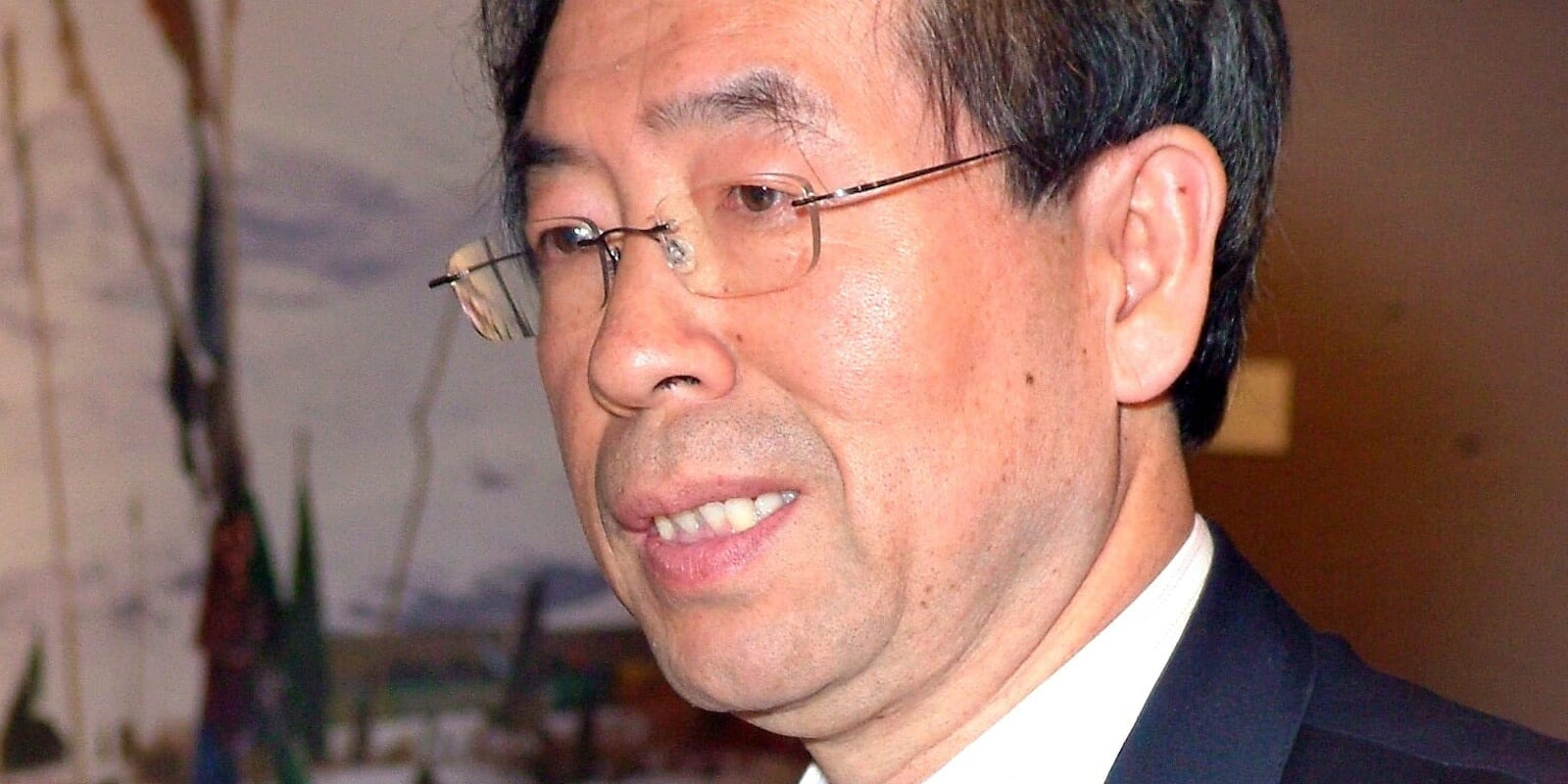Twitter may have played a leading role in a closely watched mayoral election in Korea Wednesday—prompting a government investigation and attempted crackdown on influential users of the microblogging service.
Political activist and independent candidate Park Won-soon was elected mayor of Seoul, the Asian nation’s capital city. Park is a vocal critic of South Korean president Lee Myung-bak. He had been seen as an underdog Na Kyung-won, a candidate affiliated with President Lee’s Grand National Party, until a well-known South Korean Twitter user threw his support behind the independent candidate.
Ahn Chul-soo, a Seoul National University professor with an active Twitter following, declined to run despite popular support for his candidacy. But he threw his support behind Park, helping the upstart candidate secure 53.4 percent of the vote. Park had twice as many votes from voters in ther 20’s, 30’s and 40’s as his opponent.
The shift in the elction has South Korean officials scrutinizing Twitter. This week South Korea’s Central Election Management Committee asked prosecutors to begin investigating more than 20 instances where election candidates were slandered or targeted by false rumors on the Internet.
The commission also issued warnings earlier this week to influential Twitter users. The actors, comedians, writers, journalists, and bloggers who received the warnings were told not to express political favoritism when urging young people to head to the polls.
Some of the influential Twitter users found creative ways around the guidelines issued by the commission.
“If the voting rate surpasses 50 percent, I will take off my top on Samgak mountain,” South Korean comedian Kim Jae-dong tweeted.
“It is a perfect chance to verify you are famous or not. Just tweet some comments encouraging people to vote,” joked Myung Seung-Kwon, a staff physician and senior scientist at the National Cancer Center in Seoul. “If the Commission responds back to you [with some warnings] then it means that you are a really famous [influential] person.”
